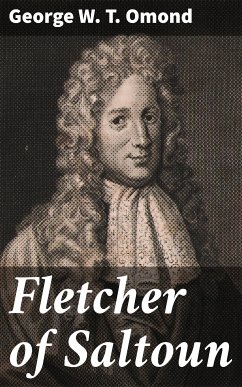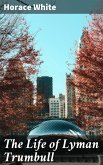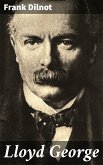In 'Fletcher of Saltoun' by George W. T. Omond, the reader is immersed in a detailed study of Andrew Fletcher, a prominent Scottish politician and author during the late 17th and early 18th centuries. Omond's writing style is academic and meticulously researched, making this book a valuable resource for scholars of Scottish history and literature. The book delves into Fletcher's political philosophy, his ideas on democracy and political reform, and his impact on the early Enlightenment period in Scotland. Omond provides rich historical context, painting a vivid picture of Fletcher's era and the challenges he faced in advocating for political change. With deep analysis and insightful commentary, Omond offers a comprehensive look at the life and legacy of this influential figure in Scottish history. George W. T. Omond, a renowned historian and biographer, brings his expertise to 'Fletcher of Saltoun' by shedding light on a lesser-known but significant figure in Scottish history. Omond's passion for the subject is evident in his thorough examination of Andrew Fletcher's contributions to political thought and discourse. His scholarly approach and attention to detail make this book a must-read for anyone interested in Scottish history or political philosophy. I highly recommend 'Fletcher of Saltoun' to readers who are fascinated by the intellectual history of Scotland and the Enlightenment era. Omond's compelling narrative and in-depth analysis make this book an essential addition to any library on Scottish history and political thought.
Dieser Download kann aus rechtlichen Gründen nur mit Rechnungsadresse in A, B, BG, CY, CZ, D, DK, EW, E, FIN, F, GR, H, IRL, I, LT, L, LR, M, NL, PL, P, R, S, SLO, SK ausgeliefert werden.









